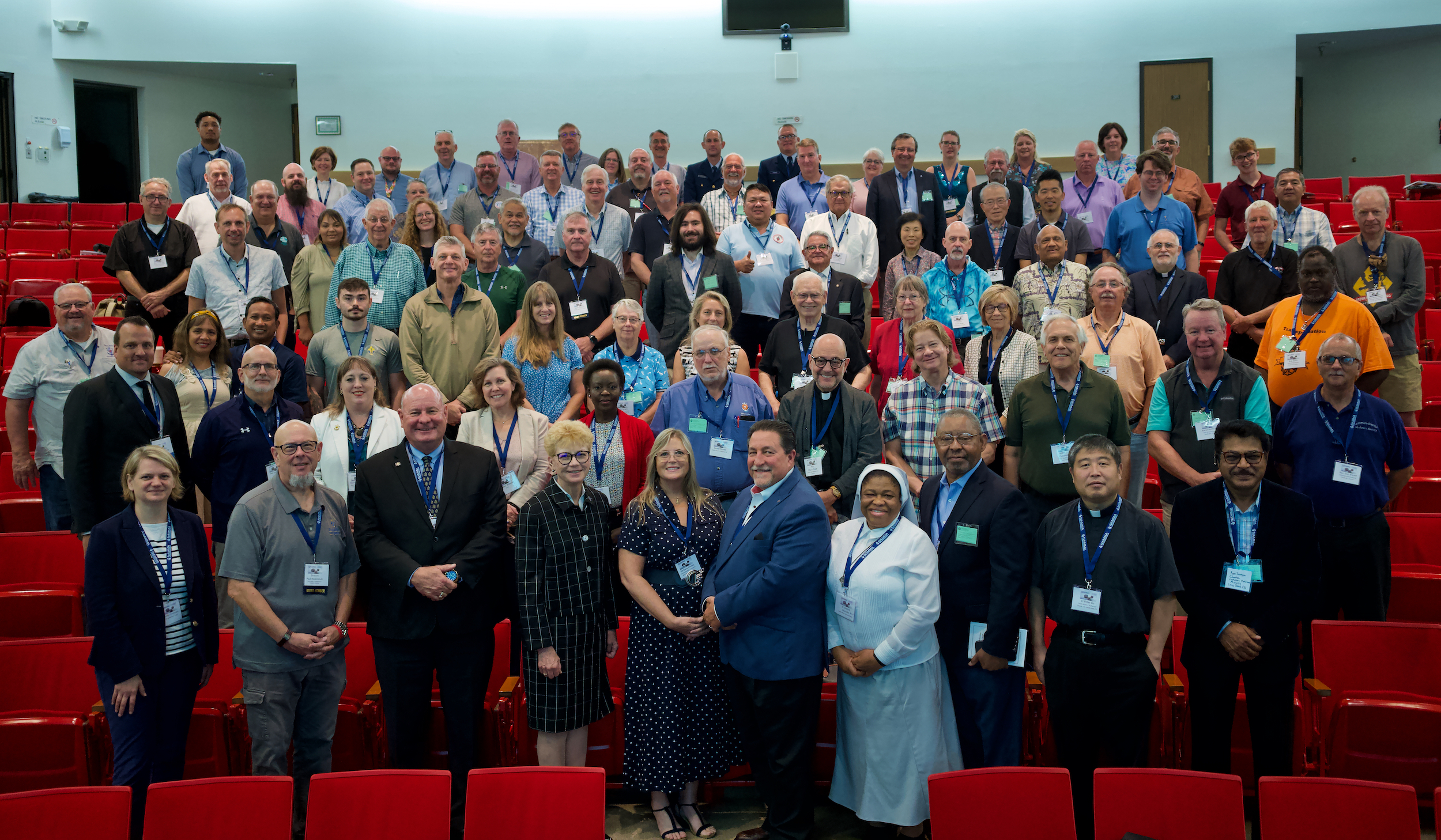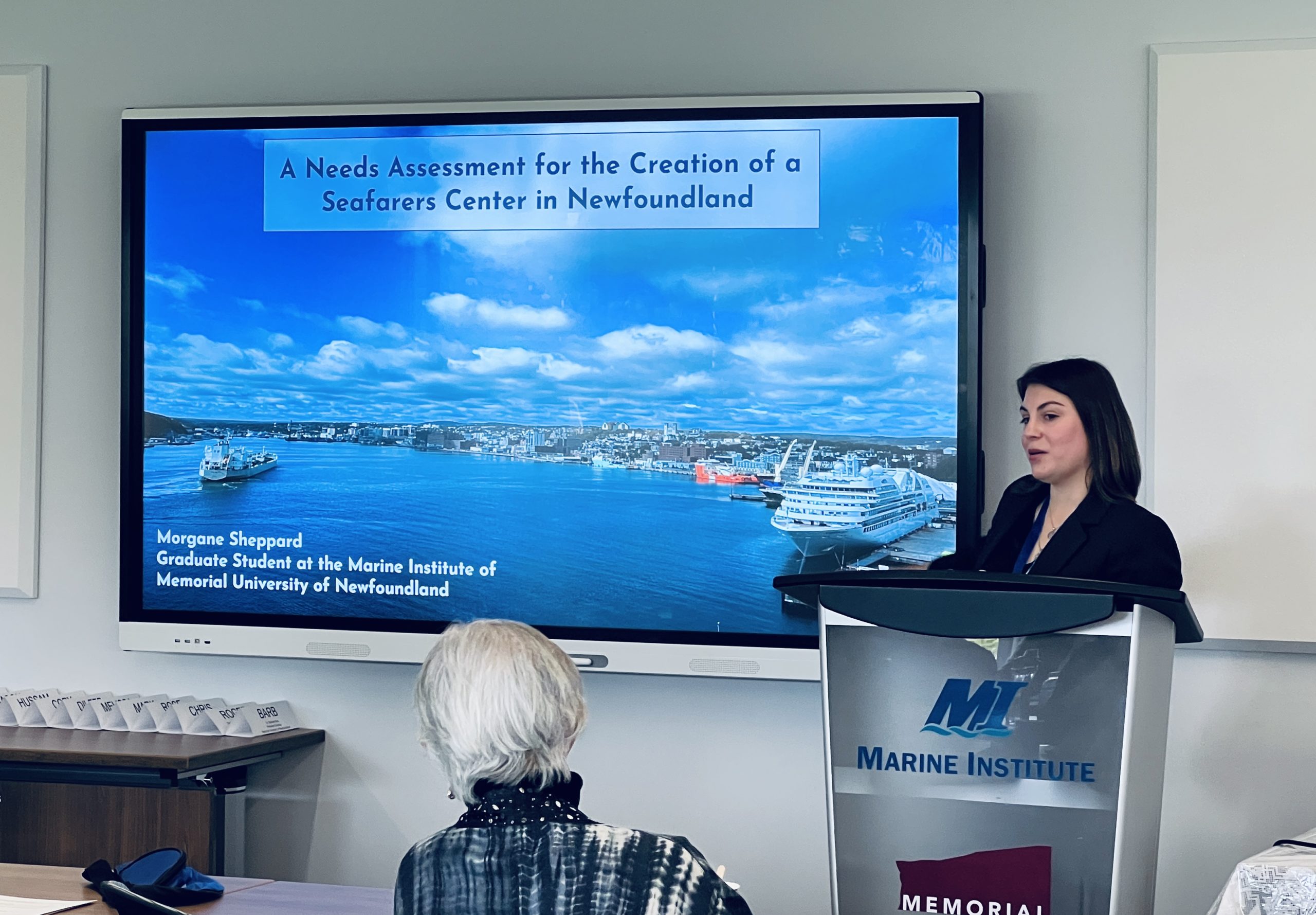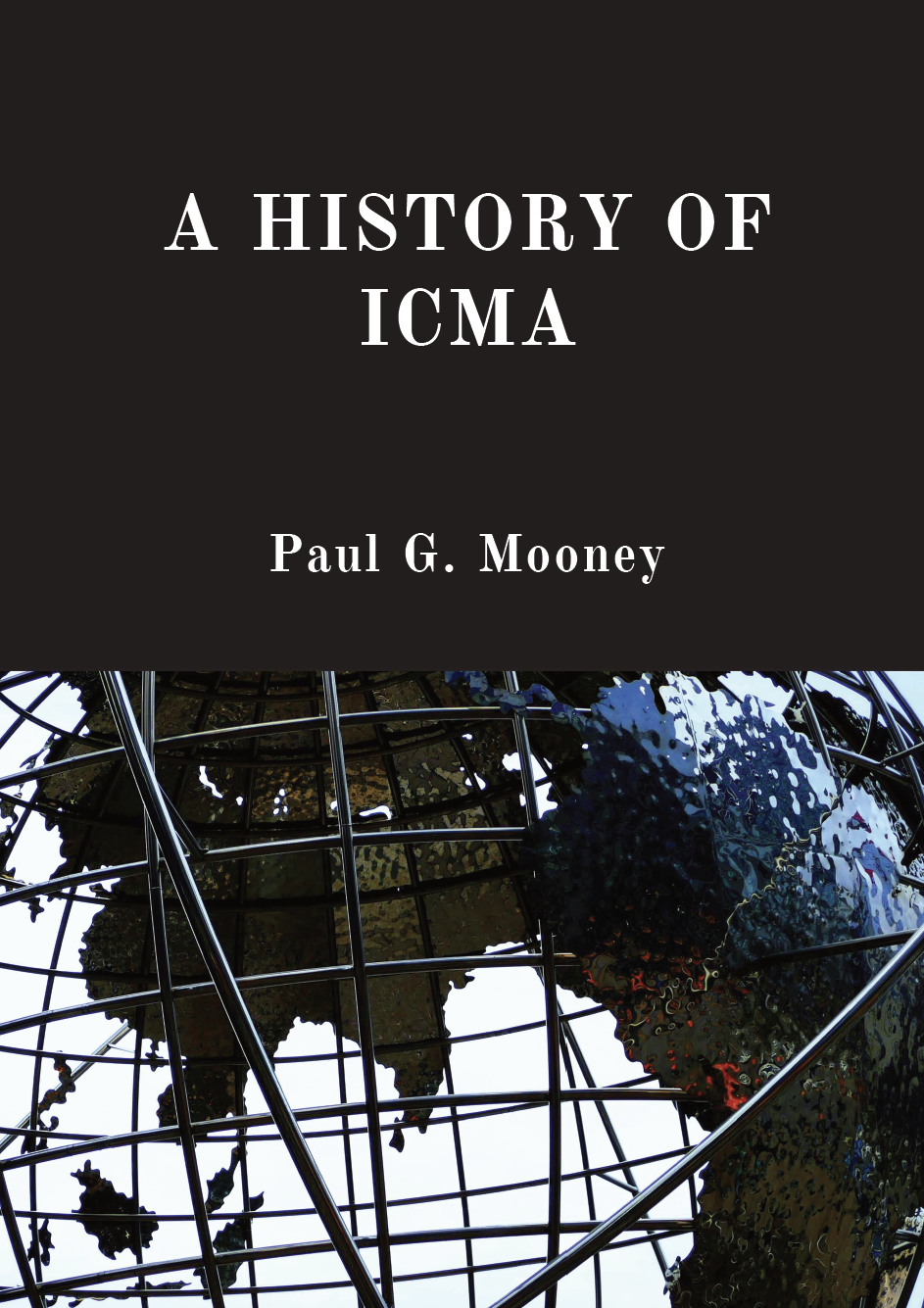by Susan Huppert, NAMMA
It’s not the words, it’s the sounds. One by one attendees arrive, pick up a room key and registration paperwork. Then a gentle chatter begins to swell as the gathering of NAMMA members reunite after two years of virtual meetings and Zoom gatherings. Joy seems to percolate among chaplains warmly exchanging stories at the North American Maritime Ministry Association annual conference in Baltimore, Maryland.
Enthusiasm develops as they corporately realize they made it through unprecedented ministry challenges of a global pandemic, COVID-19 restrictions, ever-changing vaccination guidelines, shore leave obstacles and a Ukrainian war deeply affecting the seafarers they serve. Priests and professionals diligently working together, but apart, sense the unique commodore they share and the connection they have missed since the global pandemic slowed down the world.
“It feels good,” said Sr. Joanna Okereke, who works with Stella Maris United States. “There is something wonderful about being together. See how we smile?”
The conference theme, “Finding Our Balance in Seafarers’ Welfare” was designed to provide industry information and personal connections that nurture weary workers in an extended season of abnormal obstacles and trouble-shooting solutions. Spiritual care begins the first evening as Chaplain Michelle DePooter offers a meditation. Her reflections suggest balance happens as we keep God in the center of our work. DePooter serves seafarers at the Montreal Ministry to Seafarers. She has served the port for more than 20 years.
By the following day, conversations around meal tables from Canada to Panama, jointly caring for the invisible workforce of seafarers were reconnecting.
“That’s why we are here – to find balance,” said Stella Maris chaplain, Fr. Lito Capeding. “Sharing experiences, networking . . . you learn what others are doing. No one knows it all.”
To ensure balance in ministry, NAMMA offered perspectives from various sectors of shipping including government, industry and labor continually equipping members to serve with excellence.
Rear Admiral Ann C. Phillips (US Navy, ret.) addressed members and guests. As head of the Maritime Administration, she advises and assists the Secretary of Transportation on commercial maritime matters providing insights from her position. Among pertinent information facing mariners, Phillips highlighted health concerns mariners face and safety measures available. She stated a commitment to resources in building trust among the seafaring community.
David Heindel, Secretary-Treasurer, Seafarers’ International Union serves as chairperson of the ITF Seafarers’ Trust, a valuable contributor to organizations serving seafarers with grants directly related to seafarers’ welfare. Heindel noted that important actions like distinguishing seafarers as essential workers has raised awareness of their role and necessity globally. This designation helps directly with pandemic challenges they continue to face in some measure. Needs like access to vaccines, timely crew changes, and sufficient shore leave, all critical to well-being became primary as their status in the global movement of goods became more prominent.
Mieke Erichsen, Project Manager at the ITF Seafarers’ Trust presented an overview of the UK charity’s projects it continues to support through grants. Opportunities for online training in health and safety, telemedicine, a mobile seafarers’ lounge, and most critical of late is the assistance provided to Ukrainian seafarers’ families forced to relocate when war demanded they leave their homeland. Unmeasurable generosity helped Ukrainian seafarers work with less distraction knowing their families were safe.
A welcome video message from Kitack Lim, Secretary-General of the International Maritime Organization, validated the challenges that the past two years of pandemic have presented. He highlighted the importance of seafarers globally stating, “we must never forget seafarers are the lifeblood of this industry,” and thanked NAMMA for advocating for seafarers and for its contribution in issuing valuable vaccination access.
Participants also heard from Brian Miller, Deputy Director, Maryland Port Authority, Port of Baltimore. He encouraged port ministries to get involved in each local port. He cited the recently retired Rev. Mary Davisson, former director of Baltimore Seafarers Center, who served on the board of the Baltimore Port Alliance. Port partnerships are beneficial relationships.
“Mary would let us know when there was a problem,” said Miller. “When she contacted us, we would respond.”
Building relationships around common goals was further highlighted by Steve Finnesy, Executive Director of the seafarer center in Tampa, Fla. His partnership with the University of South Florida College of Nursing began with vaccinating seafarers and is developing into a clinic within the port.
RDML Wayne Arguin Jr., Assistant Commandant for Prevention Policy, Coast Guard offered insight into how various port ministries can partner with their specific port authorities and Coast Guard. He is working to improve connections between port ministries and their local Coast Guard.
“I really did not have an appreciation for all the work you do in your ports,” said Arguin of the port ministries.
Constant changes in the industry will likely require adjustments to the ministries within the industry.
He offered sound suggestions for NAMMA participants in approaching changes.
- Think creatively. Be bold to transform the way you serve.
- When barriers to service exist, eliminate the opportunity for negative growth.
- Develop connectivity between organizations and agencies to create greater understanding of seafarer’s role.
- Elevate the status of seafarers. Convey why they matter.
C. James Patti, International President, International Propeller Club greeted conference attendees, by introducing the organization as a promoter of maritime industry and seafarers since 1927. With 80 clubs in ports of the United States and Europe the International Propeller Club works for the advancement of protection, safety and security of the maritime workforce.
Port ministries are global and personal. NAMMA’s support is key to growth and wellness that extends to seafarers’ welfare. The conference offered perspectives beyond the government and industry side as The Rev’d Canon Andrew Wright, Secretary General, of the Mission to Seafarers addressed the mission element.
He asserts the model of serving seafarers is changing as the world they work in changes. Wright stressed the need for even greater flexibility looking forward. Most participants working directly with seafarers have exercised great flexibility during the recent past. Wright contends that ministries must continue to examine new patterns of working, and reevaluate space issues, and methods of ship access. Centers traditionally supplied an array of services that may be outdated. Wright stressed that centers need to be the right place, the right type and provide the right services to seafarers. Services must be strategic and proactive with personal visits at the core. Young, technical, volunteers and staff members are highly valuable.
Wright reminded the ministry leaders that Jesus told his followers to cast their nets on the other side of the boat also. He encouraged them to follow that example, “It might surprise us on what happens.”
During a later workshop addressing balance at the local level of port ministries, chaplains and welfare workers gathered to dig deeper into converting the spiritual exhortation into practical application based on individual experiences and challenges during the recent past. As iron sharpens iron, the well-seasoned and novice co-workers blended their experiences, thoughts and ideas in response.
Valuable input from global partners, Rev. Nicolaj Wibe, General Secretary of the Danish Seafarers’ Mission and Morris Van Voornveld, National Coordinator, of the Seafarers’ Welfare Board for New Zealand provided insight and opportunity as participants shared discussions with them throughout the conference.
Phil Schifflin, director of the Center for Mariner Advocacy of the Seamen’s Church Institute shared updates to the MLC, 2006 and encouraged participants to use his office as a resource for their local work.
The hard reality of chaplaincy was presented by Fr. Bruno Ciceri of Stella Maris at The Vatican. Ciceri reported on the work of Stella Maris and ISWAN in Ukraine where an emergency fund to support families of seafarers was created. Two Stella Maris workers, one chaplain and his assistant whose families have left, say they cannot leave because “this is when their people need them.” They are working to assist Ukrainians who have lost everything in the war. They assist the Red Cross and families seeking to apply to receive $500 support through Stella Maris. Fr. Bruno conveyed one account after another of war-stressed families of seafarers seeking financial, psychological and spiritual support through Stella Maris.
When Fr. Bruno asked, “How is life now?” They respond, “I am still alive.’” Fr. Bruno humbly shared his confidence that God will not abandon them.
The three-day conference of workshops, presentations, worship and dialogue provided much-needed support for the chaplains and workers engaged in service on the waterfront.





